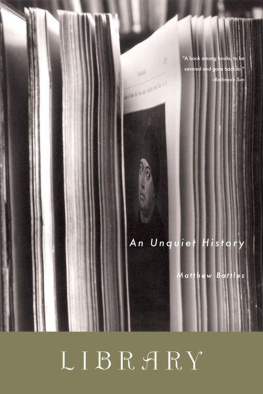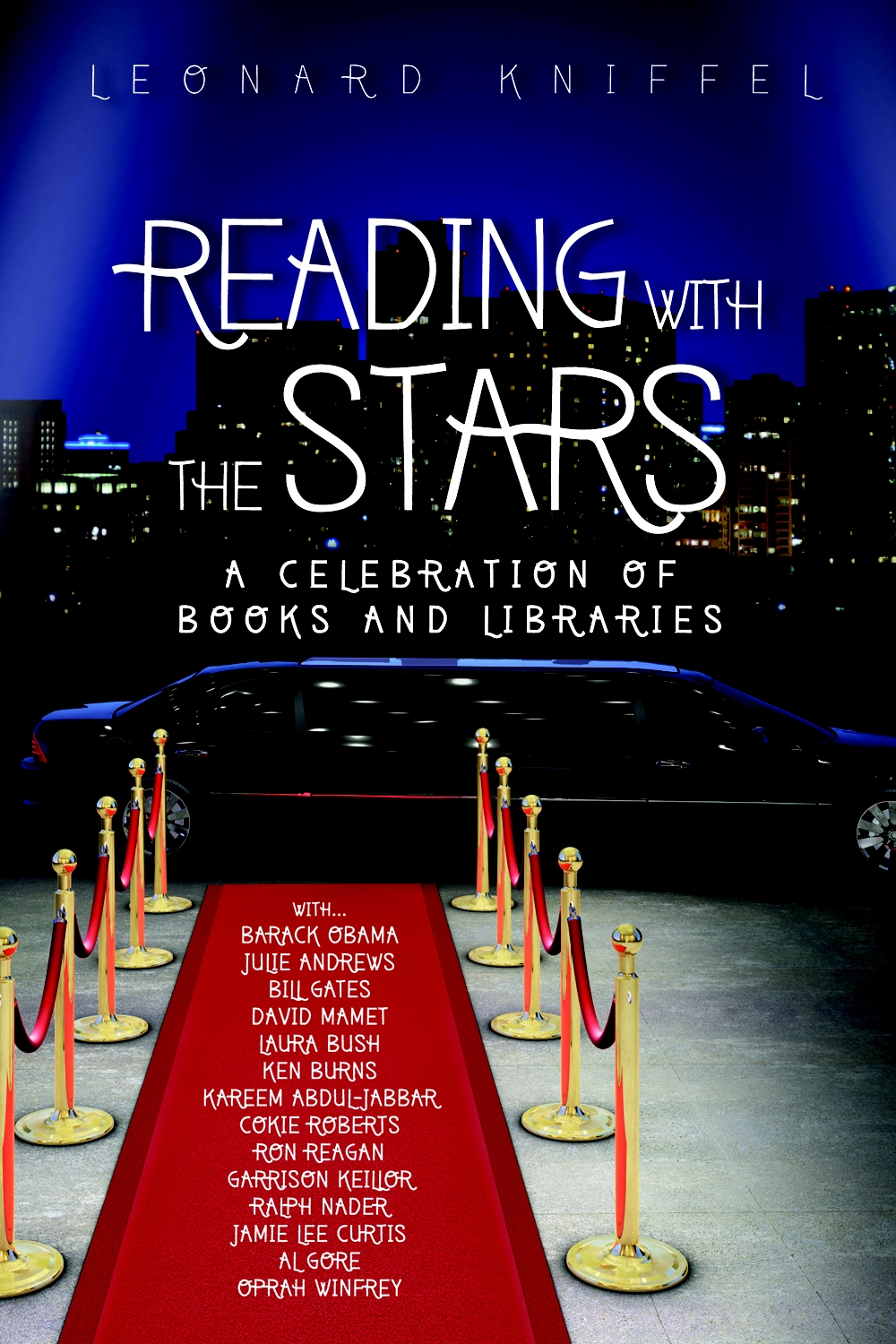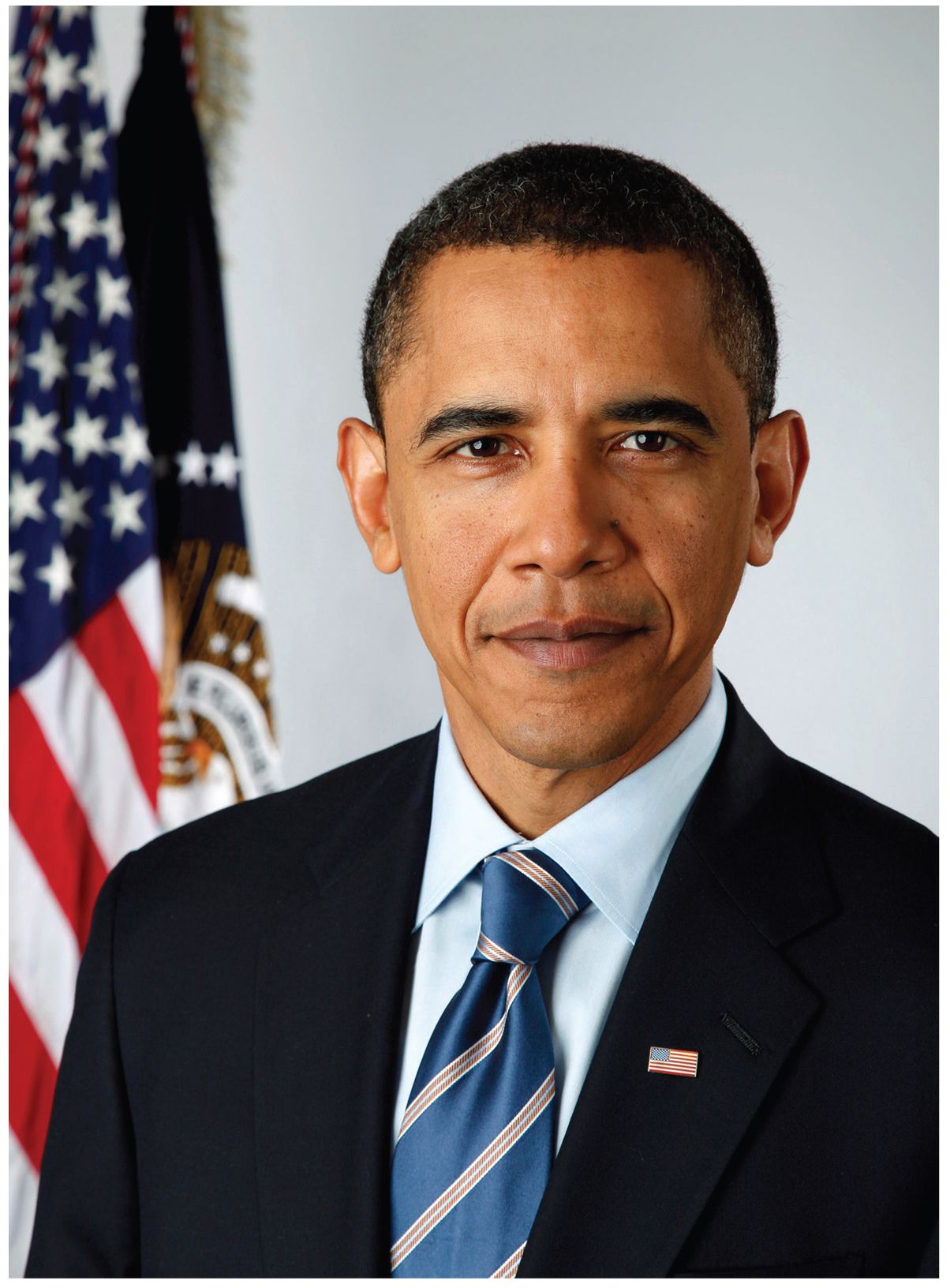BARACK OBAMA 44th president of the United States of America
BOUND TO THE WORD
Our prosperity as a nation is directly correlated to our literacy.
B arack Obama was a U.S. senator from Illinois when he keynoted the American Library Associations annual conference in Chicago in 2005. He had already exploded onto the American political stage with a stirring speech at the Democratic National Convention the year before and was enjoying growing popularity as an idealist and a unifier. I wish I could say I knew the minute I met him that he had President of the United States written all over him. Charismatic and articulate as he was, I might have, had I the confidence that my country was ready to elect an African-American man to that exalted post.
I showed up in the Green Room at McCormick Place convention center and strolled up to him, introduced myself, and shoved a tape recorder in his face. He smiled and said hed be happy to talk to me. He listened to my questions and pondered each of them for a moment, folding his arms and resting his chin on one hand.
Photo by Pete Souza, courtesy of the White House.
Can you share your memories about what libraries meant to you as you were growing up? I asked.
I lived overseas for several years in Jakarta, Indonesia, when I was young, he replied, and having access to booksEnglish-language books in particularwas just a huge prize. So when I came back from Indonesia, the first place I wanted to be was in a library. It just always seemed to be a magical place where, if you wanted to sit there, you could learn about everything in the world.
I asked him to talk more about the effect libraries have had on him. To my surprise, he gave me an answer that virtually ended up crediting a librarian at the New York Public Library for launching his political career.
People always mention libraries in terms of just being sources for reading material or research. But I probably would not be in Chicago were it not for the Manhattan public library, because I was looking for an organizing job and was having great trouble finding a job as a community organizer in New York. The Mid-Manhattan Library had these books of lists of organizations, and the librarian helped me find these lists of organizations, and I wrote to every organization. One of them wound up being an organization in Chicago that I got a job with.
Asked to tell me something that he was not going to say in his speech at the conference, he said, You know, I have a soft spot in my heart for librarians. Then he quipped, Although Ill probably mention this in my speech, I have been known to misbehave in libraries.
Whats your main message to librarians? I asked.
He tilted his head thoughtfully and replied, That our prosperity as a nation is directly correlated to our literacy.
It was then time for his speech and I joined the crowd in the auditorium where, along with some 5,000 others who heard him talk that day, I was completely blown away. His talk wasnt some canned puffery with library occasionally thrown in for relevance. This speech was anything but boilerplate, and it demonstrated an understanding of the sacred mission of the profession. It earned Obama a standing ovation.
The next day, I got on the phone with Obamas people and asked if I could adapt the speech into a cover story for American Libraries . Calling librarians guardians of truth and knowledge as well as champions of privacy, literacy, independent thinking, and most of all reading, here are the presidents own words, as they appeared in the August 2005 issue.
IF YOU OPEN UP SCRIPTURE, the Gospel according to John, it starts: In the beginning was the Word. Although this has a very particular meaning in Scripture, more broadly what it speaks to is the critical importance of language, of writing, of reading, of communication, of books as a means of transmitting culture and binding us together as a people.
More than a building that houses books and data, the library represents a window to a larger world, the place where weve always come to discover big ideas and profound concepts that help move the American story forward and the human story forward. Thats the reason why, since ancient antiquity, whenever those who seek power would want to control the human spirit, they have gone after libraries and books. Whether its the ransacking of the great library at Alexandria, controlling information during the Middle Ages, book burnings, or the imprisonment of writers in former communist bloc countries, the idea has been that if we can control the word, if we can control what people hear and what they read and what they comprehend, then we can control and imprison them, or at least imprison their minds.
Thats worth pondering at a time when truth and science are constantly being challenged by political agendas and ideologies, at a time when language is used not to illuminate but, rather, to obfuscate, at a time when there are those who would disallow the teaching of evolution in our schools, where fake science is used to beat back attempts to curb global warming or fund lifesaving research.
At a time when book banning is back in vogue, libraries remind us that truth isnt about who yells the loudest, but who has the right information.
We are a religious people, Americans are, as am I. But one of the innovations, the genius of America, is recognizing that our faith is not in contradiction with fact and that our liberty depends upon our ability to access the truth.
Thats what libraries are about. At the moment that we persuade a child, any child, to cross that threshold, that magic threshold into a library, we change their lives forever, for the better. Its an enormous force for good.
I remember at different junctures in my life feeling lost, feeling adrift, and feeling that somehow walking into a library and seeing those books, seeing human knowledge collected in that fashion, accessible, ready for me, would always lift my spirits. So Im grateful to be able to acknowledge the importance of librarians and the work that you do. I want to work with you to ensure that libraries continue to be sanctuaries of learning, where we are free to read and consider what we please without the fear that Big Brother may be peering over our shoulders to find out what were up to.
At a time when book banning is back in vogue, libraries remind us that truth isnt about who yells the loudest, but who has the right information.
BARACK OBAMA
Some of you may have heard that I gave a speech last summer at the Democratic convention. [Cheering erupted at this point.] It made some news here and there. For some reason, one of the lines people seem to remember has to do with librarians, when I said, We dont like federal agents poking around our libraries in the red states, or the blue states for that matter.
What some people may not remember is that for years, librarians have been on the front lines of this fight for our privacy and our freedom. There have always been dark times in our history where America has strayed from our best ideas. The question has always been: Who will be there to stand up against those forces? One of the groups that has consistently stood up has been librarians. When political groups tried to censor great works of literature, you were the ones who put Huckleberry Finn and The Catcher in the Rye back on the shelves, making sure that our access to free thought and free information was protected. Ever since weve had to worry about our own government looking over our shoulders in that library, youve been there to stand up and speak out on our privacy issues. Youre full-time defenders of the most fundamental liberty that we possess. For that, you deserve our gratitude.

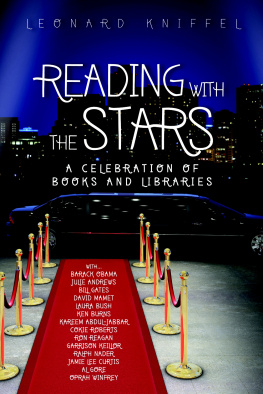
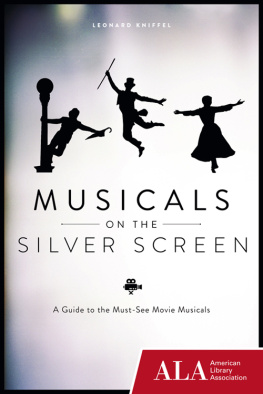
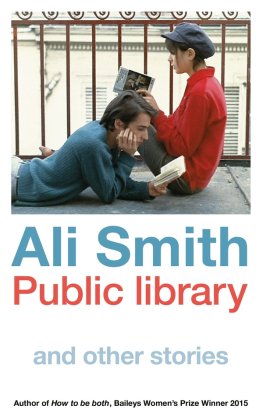
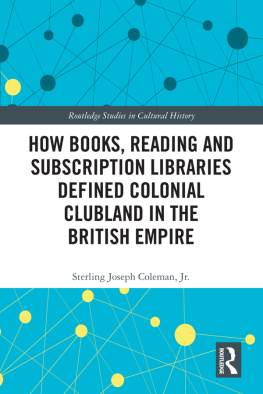
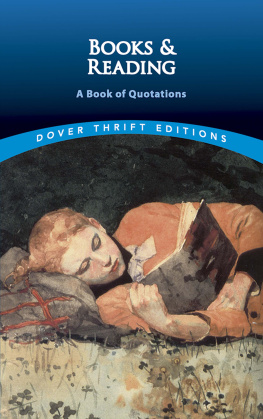

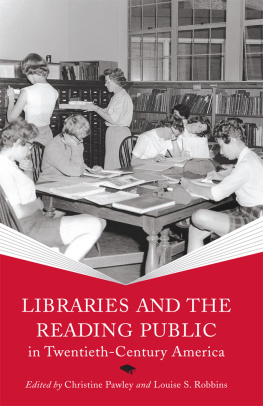
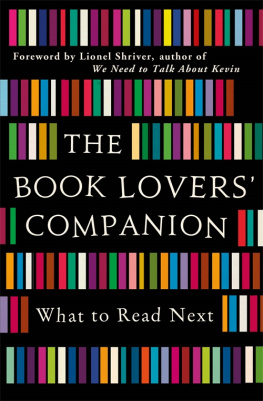
![Anita Anand - The Library Book. Anita Anand ... [Et Al.]](/uploads/posts/book/40194/thumbs/anita-anand-the-library-book-anita-anand-et.jpg)
